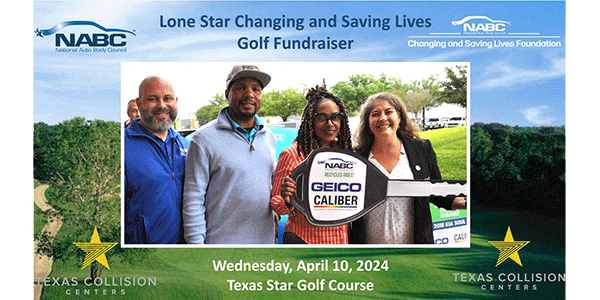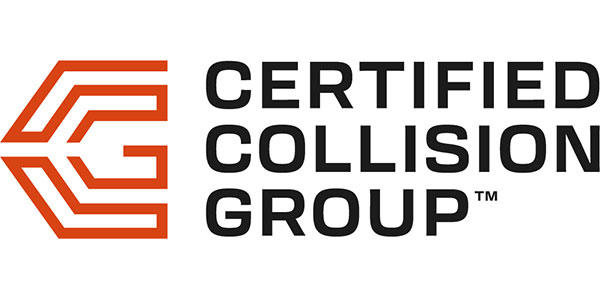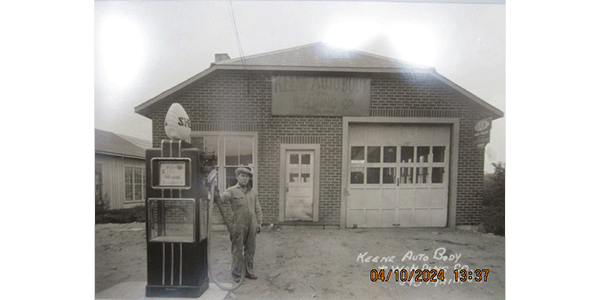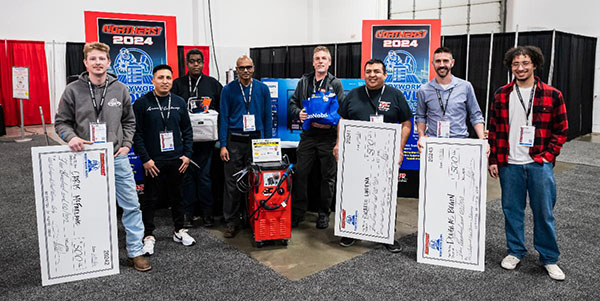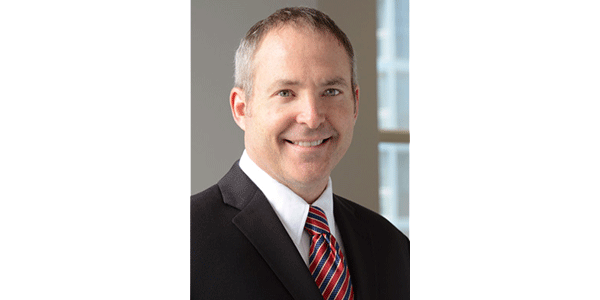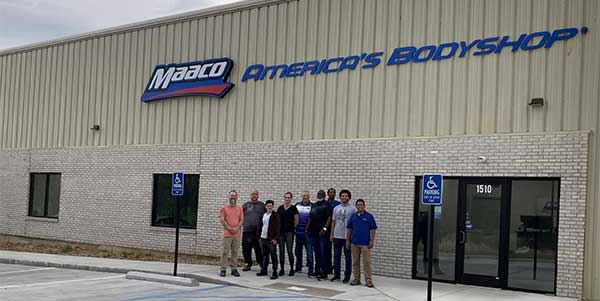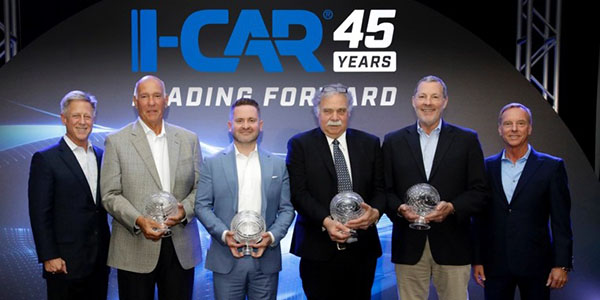The Automotive Recyclers Association (ARA) applauds the recent West Virginia Supreme Court of Appeals ruling that the state’s Automotive Crash Parts Act does not apply to the use of salvage/recycled OEM parts and as such affirms the use of salvage/recycled OEM crash parts in vehicle repairs when such repairs are negotiated by insurers within the year of the vehicle’s manufacture, or in the two succeeding years.
The Court ruled that the Crash Parts Act clearly intended to require disclosure and written consent for only some, not all, replacement crash parts, and found that aftermarket crash parts and salvage/recycled OEM crash parts are “diametrically different” products and not interchangeable in the context of the statute. Thus, the use of salvaged/recycled OEM parts by Liberty Mutual Insurance Company and the collision repair shop did not violate the Crash Parts Act.
The Court’s ruling brings several years of litigation to conclusion. In December 2011, the state of West Virginia Attorney General’s office filed a complaint and petition for injunction against Liberty Mutual and Greg Chandler’s Frame & Body LLC, alleging that the defendants violated the state’s Automotive Crash Parts Act and Consumer Credit and Protection Act by repairing new vehicles using salvage crash parts without obtaining the written consent of the motor vehicle owner at the time of the repair. The Crash Parts Act requires body shops and insurance companies to disclose to vehicle owners the use of certain replacement crash parts in repairs conducted within three years of the repaired vehicle’s original manufacture date, as well as written consent from the vehicle owner to use aftermarket crash parts and the distribution of a statutory notice to the owner that aftermarket crash parts have been used.
"This ruling is a significant step forward for the professional automotive recycling industry and the increased utilization of genuine, recycled OEM parts," said ARA CEO Michael E. Wilson. "ARA applauds the West Virginia Supreme Court of Appeals for recognizing the value of recycled OEM parts to automotive consumers, collision repairers and insurance companies, and for supporting the definite role professional automotive recyclers serve in today’s automotive marketplace."
In a Jan. 3, 2012, letter to then-Attorney General Darrell McGraw, ARA expressed disappointment about statements published by McGraw’s office regarding "recycled"/"salvaged" automobile parts, specifically objecting to references classifying recycled/salvaged parts to "junkyard parts."
"The AG’s derogatory and misleading characterization of recycled/salvaged automobile parts does a disservice to consumers in West Virginia," said ARA in the letter. ARA also differentiated between aftermarket and recycled OEM parts, writing that "These quality ‘green’ auto parts also meet the performance, safety, fit and durability standards of the OEM. ARA calls on [the AG’s] office to help the people of West Virginia understand that recycled or salvage parts are OEM parts, fully functional and in many cases identical to original parts."
In its June 2014 opinion, the West Virginia Supreme Court of Appeals considered the applications of the Crash Parts Act and the Consumer Credit and Protection Act to body shops and automobile insurance companies employing the use of salvage/recycled OEM crash parts. The Court found neither statute prohibited body shops or insurers from utilizing these parts, and applauded the insurers for using measures to reduce premium costs for their customers.
The Court also considered whether the West Virginia Consumer Credit and Protection Act and its prohibition of unfair methods of competition and unfair or deceptive acts or practices had any application to the use of salvage/recycled OEM parts. The Court determined that, without additional mandate by the legislature that insurers and body shops must disclose and obtain consent prior to using salvage/recycled OEM parts, there was no unfair or deceptive act or practice in the use of salvage/recycled OEM parts.

